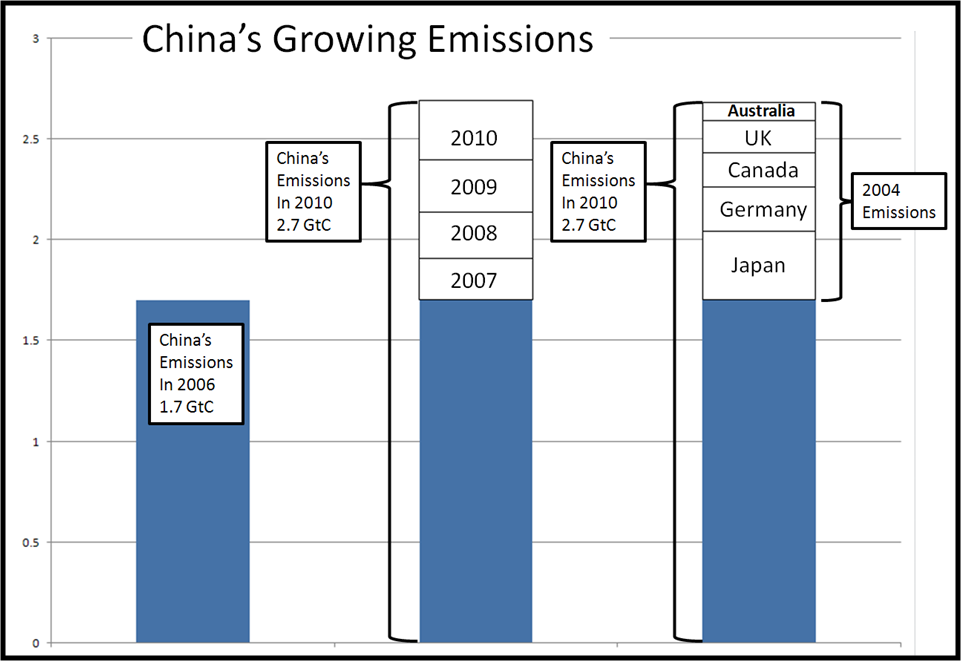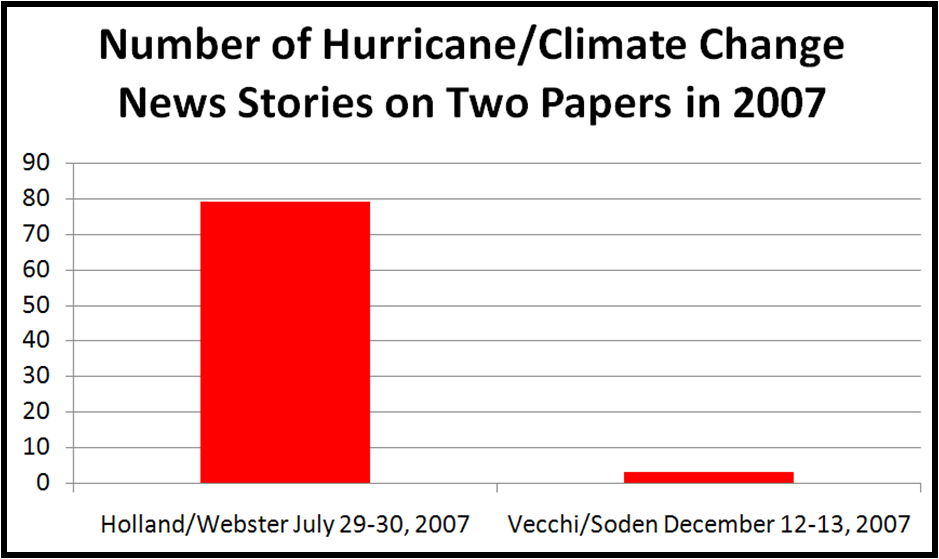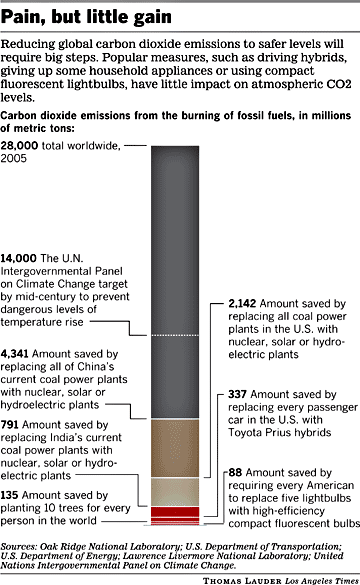One of the themes that I have tried to develop on this blog is that policy arguments should be well founded. So along these lines I have on a number of occasions taken issue with the approach of Congressman Henry Waxman (D-CA) to issues associated with how the Bush Administration manages scientific information and scientists in pursuit of its political agenda.
In my view Mr. Waxman’s investigative approach has been sloppy and unsophisticated, meaning that in some respects his investigation has come to embody those very same characteristics that he has complained about in the Bush Administration, namely, cherry picking of information, selective reliance on friendly experts, and misrepresenting facts. Some people who have heard my complaints naively assume that I am defending the Bush Administration. Nothing could be further from the truth, as I am a strong critic of many (or more likely most) Bush Administration policies, including how they have handled issues of science communication. My critique of Mr. Waxman’s efforts stems from my frustration that it has fallen far short of its potential to improve policies involving science, and instead, represents only so much political red meat, furthering partisan differences and serving to reduce that very small space in political discussions for policy analyses.
Here is a perfect example of Mr. Waxman’s sloppiness.
In his report he points to a few emails — including those from Republican staffer in the Senate, and political appointees in NOAA — expressing an interest in making FEMA look bad and also “killing” the hurricane-climate issue. From this Mr. Waxman sees that then-director of the National Hurricane Center Max Mayfield (with whom I have collaborated on the issue of hurricanes and global warming) testifies before Congress that he see no evidence of linkage of hurricanes and climate change and thus assumes that natural variability still dominates. Mr. Waxman assumes correlation-is-causation and writes in his report, “this political motivation seems to have impacted NOAA testimony and talking points.”
Well, it turns out that they did not talk to Max Mayfield to ask his views, but ABC news did:
For example, Mayfield’s written testimony read in part: “the increased activity since 1995 is due to natural fluctuations/cycles of hurricane activity driven by the Atlantic Ocean itself along with the atmosphere above it and not enhanced substantially by global warming.”
Mayfield, however, denies that anyone told him to alter his testimony as the Waxman report suggests.
“I want the record to show that no one forced me to say anything on the subject of climate change and tropical cyclones that I didn’t believe at the time,” Mayfield told ABC News.
“I accept the fact that global warming is real,” Mayfield said. “Most meteorologists with knowledge of tropical cyclones think that there will be some impact from global warming on hurricanes. The debate is over how much of an impact.”
He says he never heard from anyone on the committee about the incident. “No one ever asked me about the context in which my testimony was given. No one from this committee or any other Congressional committee ever asked me if I was improperly pressured to change my testimony,” Mayfield said.
What does Mr. Waxman’s committee do? They went back and quietly re-wrote the report after it was released and incorporated Max Mayfield’s comments to ABC news. (Link to most recent version in here in PDF.) On the one hand, it is good to see that Mr. Waxman’s Committee has corrected the factual record. But on the other hand it is sloppy, at best, to try to cover up your mistakes by rewriting history, which included removing the false claims by the Oversight Committee in the original release of its report. A more appropriate approach would have been to issue a correction or a new press release.
Is the bumbling by the Waxman Committee proportionate to the missteps by the Bush Administration? Certainly not. But they embody the exact same dynamics of manipulating information for political gain. If Congressional oversight is only about scoring political points, then it will do little to improve actual decision making in government. And on that basis, Mr. Waxman has let slip a perfect opportunity to improve science policies. And that is why I am so critical.


